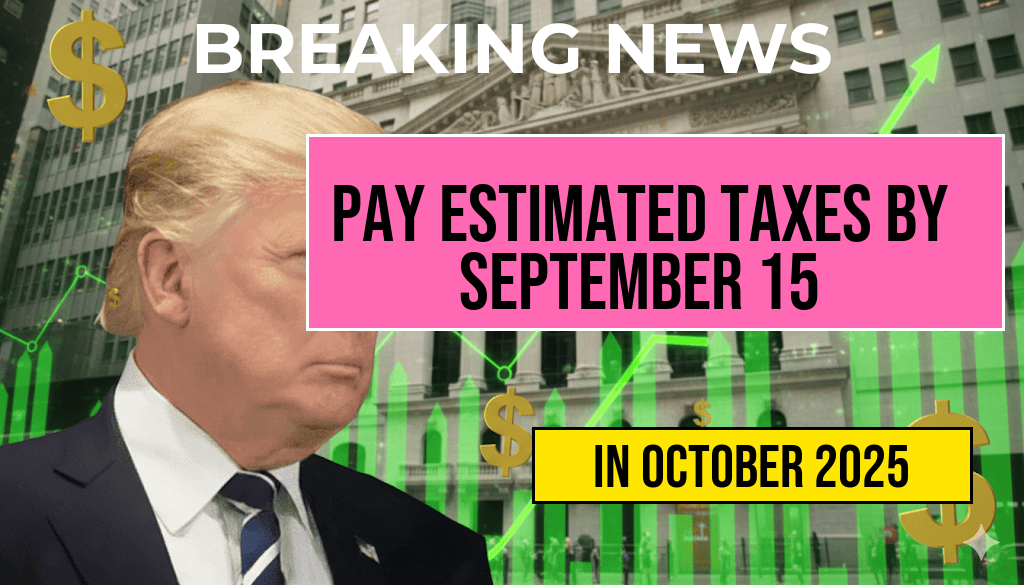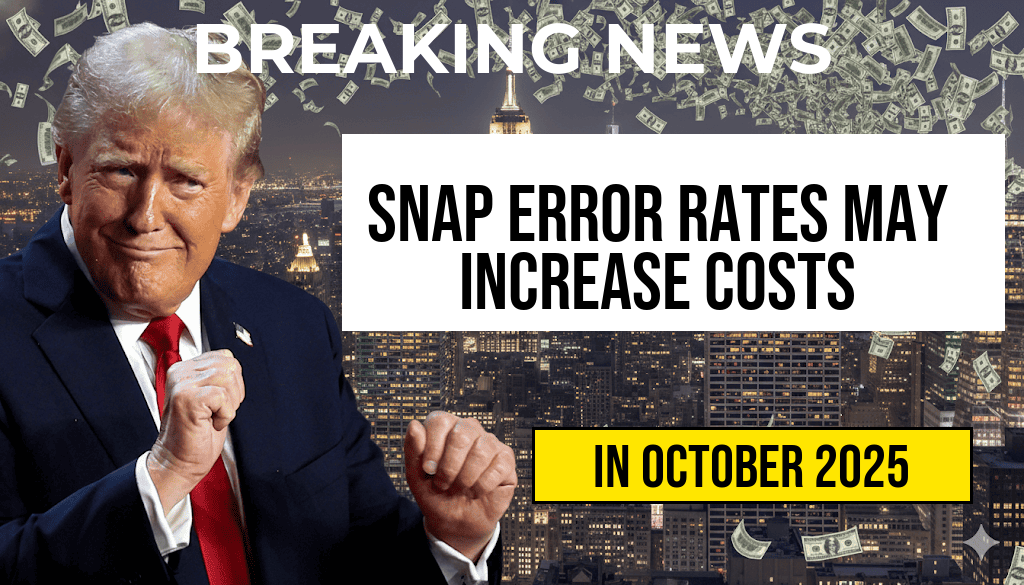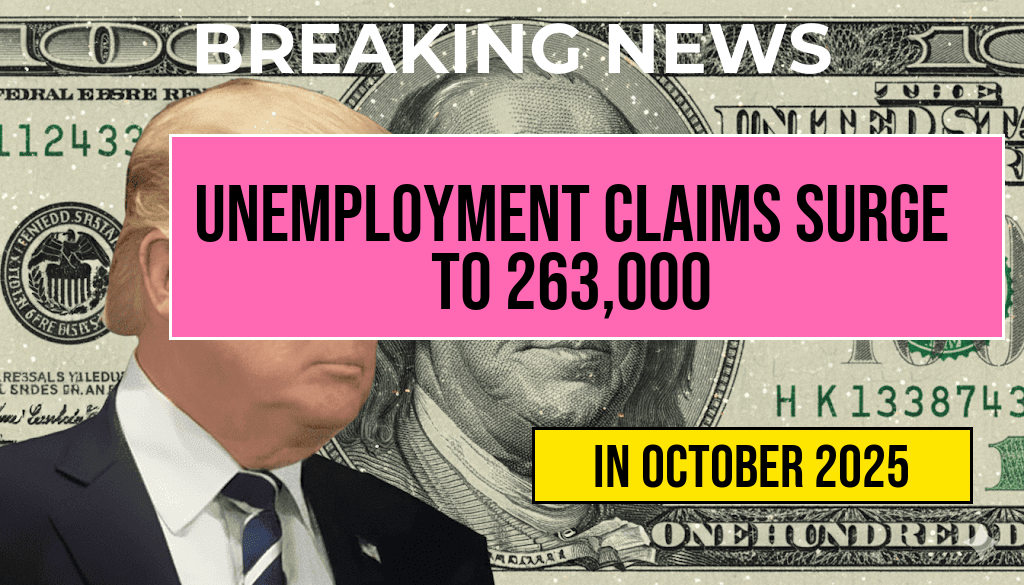The U.S. Department of Veterans Affairs (VA) is facing intense scrutiny over its disability compensation program amid concerns about potential inefficiencies and inaccuracies that could threaten nearly $193 billion in payouts. Recent reports have raised questions about the administration of claims, the accuracy of evaluations, and the impact these issues may have on the lives of millions of veterans. As lawmakers and advocacy groups call for reform, the urgency of the situation has become increasingly apparent, prompting discussions about both the program’s integrity and its ability to serve those who have served the nation.
Background on the VA Disability Program
Established to provide financial support to veterans with service-connected disabilities, the VA disability program is one of the largest government entitlement programs. It offers monthly compensation to veterans based on the severity of their disabilities, which are evaluated using a standardized rating system. However, with nearly 4.7 million veterans currently receiving disability benefits, the program’s effectiveness is being closely examined.
Recent Findings
Recent investigations by various media outlets and watchdog organizations have uncovered several troubling trends within the VA disability program:
- Backlogs in Claims Processing: Many veterans are experiencing significant delays in the processing of their claims. According to the VA, the average time to process a disability claim has reached over 120 days, leaving many veterans in financial uncertainty.
- Inaccurate Ratings: Concerns have been raised about the accuracy of disability ratings. Reports suggest that as many as 30% of claims may be incorrectly rated, leading to either overpayments or underpayments.
- Fraud and Abuse: A small percentage of claims have been found to be fraudulent, prompting discussions about the need for stricter vetting processes to protect taxpayer dollars.
Legislative Reactions
The growing concerns have led lawmakers from both parties to propose a variety of reforms aimed at improving the VA disability program. Some suggested changes include:
- Increased Funding: Advocates argue that enhancing funding for claims processing and veteran support services is crucial for reducing backlogs and improving accuracy.
- Technological Upgrades: Implementing advanced data analytics and artificial intelligence could streamline claims processing and ensure more accurate evaluations.
- Enhanced Training for Evaluators: Providing additional training for VA staff involved in disability evaluations may help reduce inconsistencies in ratings.
Veteran Advocacy Groups Weigh In
Veteran advocacy organizations have been vocal about the need for reform. Groups such as the Veterans of Foreign Wars (VFW) and the American Legion have highlighted the importance of addressing these issues to ensure that veterans receive the benefits they deserve. Their campaigns emphasize the human cost of inefficiencies within the system, particularly for those struggling with service-related disabilities.
Potential Impact of Reforms
If successfully implemented, proposed reforms could lead to significant improvements in the VA disability program, including:
- Faster Claims Processing: Reducing the backlog could allow veterans to receive their benefits in a timely manner, easing financial burdens.
- More Accurate Evaluations: Improved accuracy in disability ratings would ensure that veterans receive appropriate compensation based on their needs.
- Increased Trust in the System: Reforms could enhance public confidence in the VA, encouraging more veterans to seek the benefits available to them.
Conclusion: The Path Forward
The scrutiny faced by the VA disability program highlights a critical juncture for the agency as it navigates the complexities of serving millions of veterans. As discussions continue regarding potential reforms, the stakes remain high, not only for the veterans who rely on these benefits but for the integrity of the entire system. Ensuring that the VA can effectively manage the $193 billion in payouts is crucial for maintaining the trust and support of those who have dedicated their lives to serving the country.
For more information about the VA disability program and ongoing legislative efforts, visit VA Disability Compensation.
Frequently Asked Questions
What is the VA Disability Program?
The VA Disability Program is a government initiative designed to provide financial assistance to veterans who are disabled due to injuries or illnesses incurred during military service.
Why is the VA Disability Program under scrutiny?
The program is currently facing scrutiny due to concerns over fraud, mismanagement, and the potential for improper payouts, which could impact a staggering $193 billion in funds.
What are the implications of the $193 billion in payouts?
The $193 billion in payouts represents a significant financial commitment by the government. If mismanaged, it could lead to reduced benefits for veterans and increased pressure on the VA to reform its processes.
How can veterans ensure they receive their benefits?
Veterans can ensure they receive their benefits by maintaining accurate records, understanding their eligibility, and staying informed about any changes to the VA Disability Program that may affect their claims.
What steps is the government taking to address the issues?
The government is undertaking reviews and implementing reforms aimed at increasing accountability and efficiency within the VA Disability Program, ensuring that funds are distributed fairly and appropriately.











